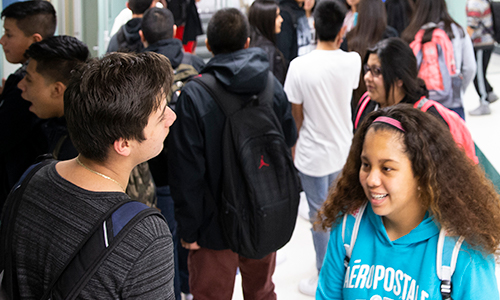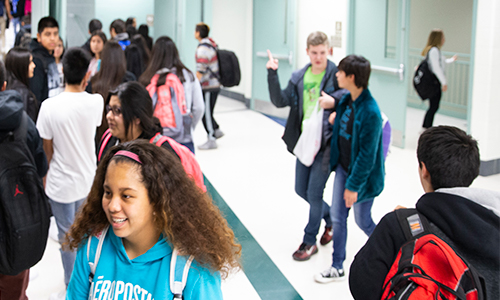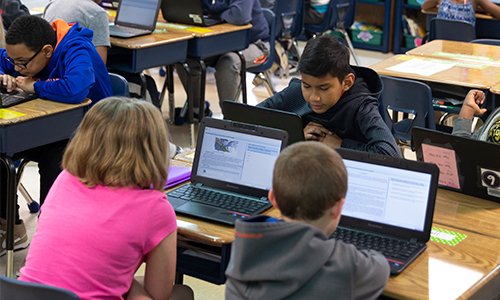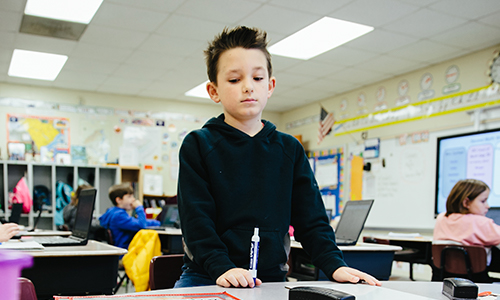

Validating the SEDA measures of district educational opportunities via a common assessment
SEDA provides a unique measure of educational opportunity across the United States. New research supports SEDA achievement scores, but also reveals some differences in growth estimates.
By: Megan Kuhfeld, Thurston Domina, Paul Hanselman
Topics: Equity, Growth modeling, Measurement & scaling


Social-emotional learning competencies are important for student success, but are they stable over time? This study explores this question and the implications for teachers and schools.
By: James Soland, Megan Kuhfeld, Emily Wolk, Sharon Bi
Topics: Measurement & scaling, Social-emotional learning, Student growth & accountability policies


The impact of proctor notification when students disengage
How do you help make sure students give their best effort on testing day? New research on student test engagement shows how proctor notification can make a significant impact.
By: Steven Wise, Megan Kuhfeld, James Soland
Topics: Measurement & scaling, Innovations in reporting & assessment, School & test engagement


The impact of technology-enhanced items on test-taker disengagement
Can technology-enhanced items increase student engagement on assessments? A new study provides insight.
By: Steven Wise, James Soland, Laurence Dupray
Topics: School & test engagement, Innovations in reporting & assessment


Is social-emotional learning (SEL) a set of discrete skills or a broader competency? New research provides insights.
By: Megan Kuhfeld


Do students’ social-emotional learning (SEL) skills in middle school predict being off-track to graduate high school?
By: James Soland, Megan Kuhfeld
Topics: Growth modeling, High-growth schools & practices, Social-emotional learning


Are achievement gap estimates biased by differential student test effort?
New research shows that test effort differs substantially across student gender and racial subgroups. What does this mean for achievement gap estimates?
By: James Soland
Topics: Equity, School & test engagement, Social-emotional learning


